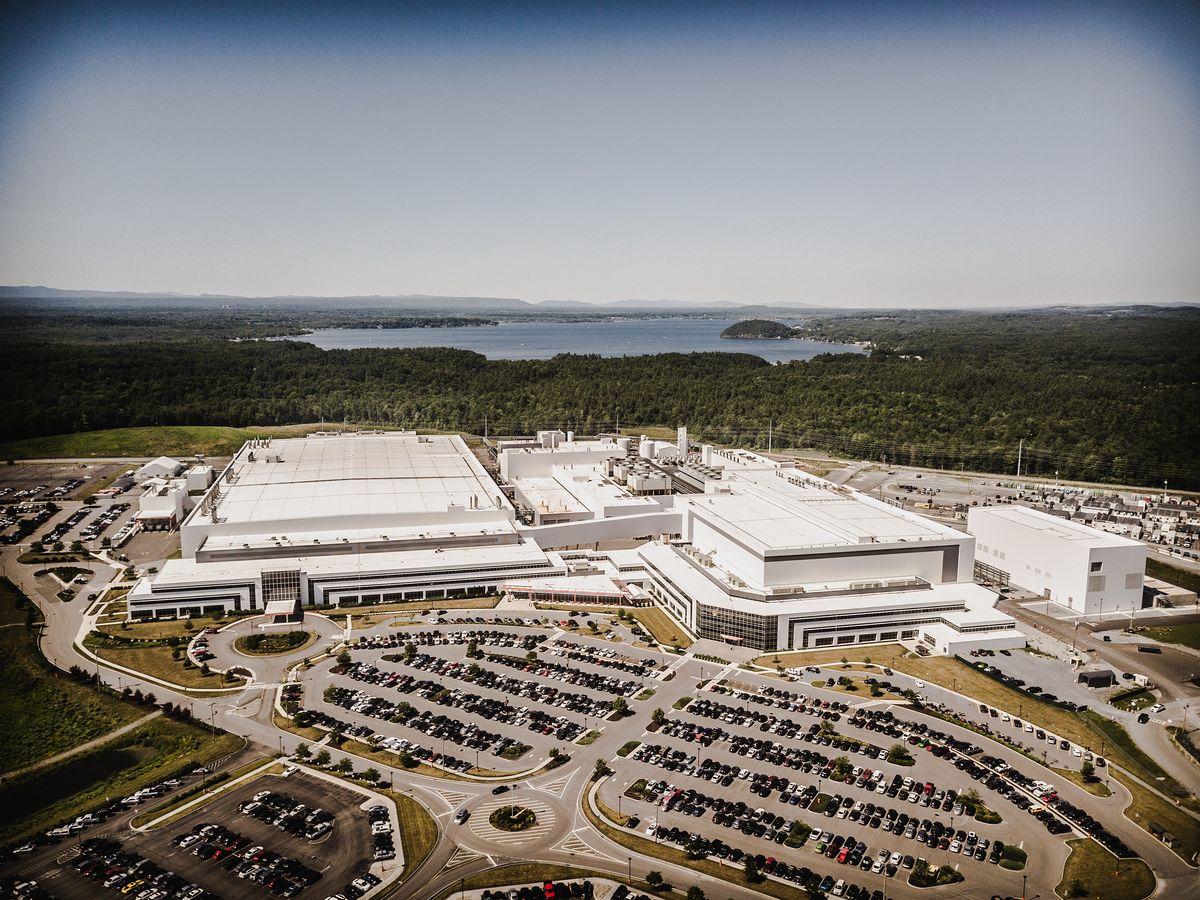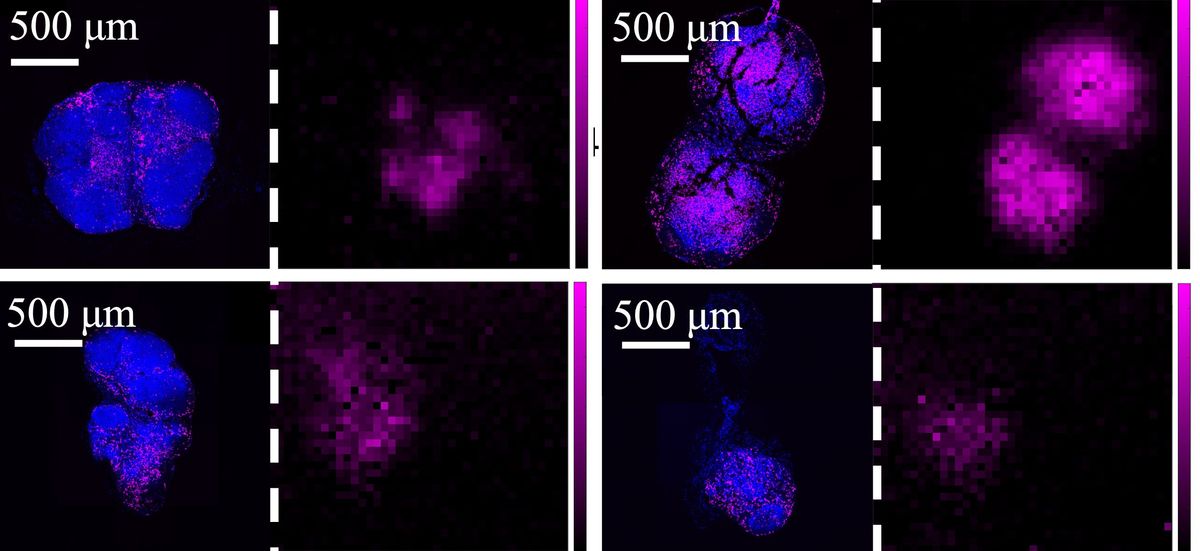It used to be rare that the semiconductor industry made the news, as Thomas Caulfield, CEO of GlobalFoundries, said on Monday. Caulfield was addressing an assembly of industry partners and political dignitaries including Senator Charles Schumer of New York and Commerce Secretary Gina Raimondo. “Every day now we’re in the news, not about what we did but what we haven’t been able to do enough of,” he said. “Our manufacturing capacity, worldwide, has been outpaced by demand.”
Hoping to cash in on remedying that situation, GlobalFoundries announced a $1-billion investment aimed at adding 150,000 wafers per year of capacity on Fab 8 in Malta, N.Y., at the company’s most advanced facility. Caulfield also announced that GlobalFoundries would build a new fab in Malta. However, he provided no details about that fab.
The truth is that GlobalFoundries has been in the news quite a lot lately, but not for any reason Caulfield would talk about. Intel is rumored to be interested in purchasing GlobalFoundries for US $30 billion, according to the Wall Street Journal. Caulfield would not acknowledge the rumors. Such a tie-up would be a good fit for Intel, analysts say, because the company is in the process of rebooting its foundry business. GlobalFoundries would provide both ready-made capacity and, perhaps more importantly, know-how to get that business off the ground.
The Fab 8 expansion would generate 1000 jobs at GlobalFoundries and thousands more in the local economy, Caulfield said. The $1-billion expansion comes on top of a global $1.4 billion expansion and a new fab in Singapore that will add 450,000 wafers per year.

Fab 8 has had its ups and downs. In 2018, the company installed two extreme ultraviolet lithography machines in a drive to produce 7-nanometer chips, then the industry’s most advanced. However, company executives calculated that they would never be profitable if they continued chasing Moore’s Law and abandoned the project. Instead, the company has focused on adding technology features to their existing processes, such as embedded MRAM memory and advanced RF capabilities. IBM is now suing GlobalFoundries, because it says the latter company was obligated to produce IBM chips at 10-nanometers or better, a process technology between 7-nanometers and the 12-nm that GlobalFoundries currently operates at Fab 8.
The lack of detail about the new fab in Malta, N.Y. may be in part because there is likely a considerable amount of federal government money at stake. Schumer scored a rare bipartisan win pushing the United States Innovation and Competition Act of 2021 through the U.S. Senate. The bill includes $52 billion for semiconductor manufacturing and R&D, but it must pass in the House of Representatives before it’s signed into law. And after that, the Commerce Department must figure out how to dispense the funds.
The $52 billion seems small compared to other programs in the works in South Korea and Europe, which could be in the hundreds of billions of dollars over a decade. Raimondo described the U.S. plan as “a historic, once in a generation investment.” But she also acknowledged that $52-billion won’t be enough. “It’s just the tip of the spear.”
Samuel K. Moore is the senior editor at IEEE Spectrum in charge of semiconductors coverage. An IEEE member, he has a bachelor's degree in biomedical engineering from Brown University and a master's degree in journalism from New York University.



